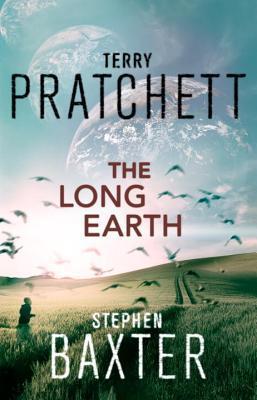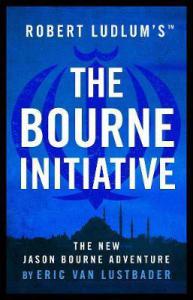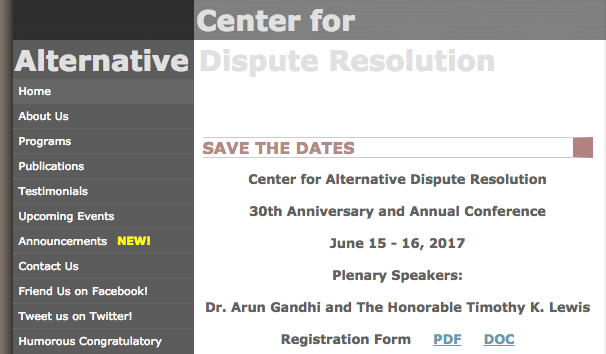 Title: The Long Earth
Title: The Long Earth
Author: Terry Pratchett and Stephen Baxter
Genre: Science Fiction
Date: 2012
Publisher: Corgi
Pages: 432
Started: 16th September 2017
Completed: 16th September 2017
Rating: 4/5
Summary: 1916: the Western Front. Private Percy Blakeney wakes up. He is lying on fresh spring grass. He can hear birdsong, and the wind in the leaves in the trees. Where has the mud, blood and blasted landscape of No Man’s Land gone?
2015: Madison, Wisconsin. Cop Monica Jansson is exploring the burned-out home of a reclusive (some said mad, others dangerous) scientist when she finds a curious gadget – a box containing some wiring, a three-way switch and a…potato. It is the prototype of an invention that will change the way Mankind views his world for ever.
And that is an understatement if ever there was one…
The Long Earth is a collaborative novel between two British authors. Terry Pratchett is best known for his extensive Discworld series and Good Omens, a collaboration with Neil Gaiman.
Stephen Baxter is interested in hard science fiction and alternate history, and he has won many awards for his work. The Time Ships, an authorised sequel to H.G. Wells’ The Time Machine, won three awards in 1996.
I enjoyed this book far more than I expected to. I read some pretty dire reviews before purchasing but I had faith in Terry Pratchett and his work. There are a few things that I don’t like about the novel but overall it was a positive experience for me.
The overarching plot is complex but sufficiently interesting. The major themes were AI and colonisation, as well as space exploration through means other than rockets and going to the moon/other planets. These were all fully explained and explored, in a typical hard science fiction fashion, and I really enjoyed the amount of scientific knowledge that is included in the novel. However, the smaller plots are what made the book great for me because they focus on great characters and interesting concepts.
The characters that this novel focuses on are great. They’re varied in terms of age and race and ambition so it was great to see such a wide variety of characters interacting with the same idea in different ways. Joshua, the main character, is sarcastic and witty but also loyal and trustworthy. He’s somewhat famous in his own world but he prefers the solitude that he finds on the far off Earths that he can travel to. He’s an orphan and was brought up by a strange bunch of nuns. I loved the nuns. They were the best characters in the books for me because they were just so funny and weird.
Lobsang is an AI who claims to be a Tibetan motorcycle repairman. He is legally recognised as human and turning him off is tantamount to murder. This really picks up on our anxiety about what it means to be human and how much we fear the emergence of ‘artificial intelligence’ which, by its own admission, is artificial.
The opening sequence was fantastic. I loved the imagery that was created in both the 1914 scene and the 2015 scene. There’s a mystical quality about these scenes which is replicated later as Joshua and Lobsang step beyond what is known about the Long Earth and into the abyss. The writing style was both fun and serious. The big topics of humanity and colonisation are interspersed with humour and fun which helps the book along because otherwise you’d just get lost in the science. Also, the idea that Joshua is watching old films with an AI is very funny for some reason.
One thing I didn’t like about this book was the length. This book was just too long. It was occasionally boring too which didn’t help the length of it. I had to power through some sections but it was really worth it in the end.
Overall, the book was worth the effort that I put into reading it. The sequel is very high up on my ‘to read’ list too because I want to know how the overall story progresses.
Advertisements Share this:
![The Separatists (A Newsmakers Novel) by [Wiehl, Lis]](/ai/014/432/14432.jpg)



